An unlimited power to tax involves, necessarily, the power to destroy
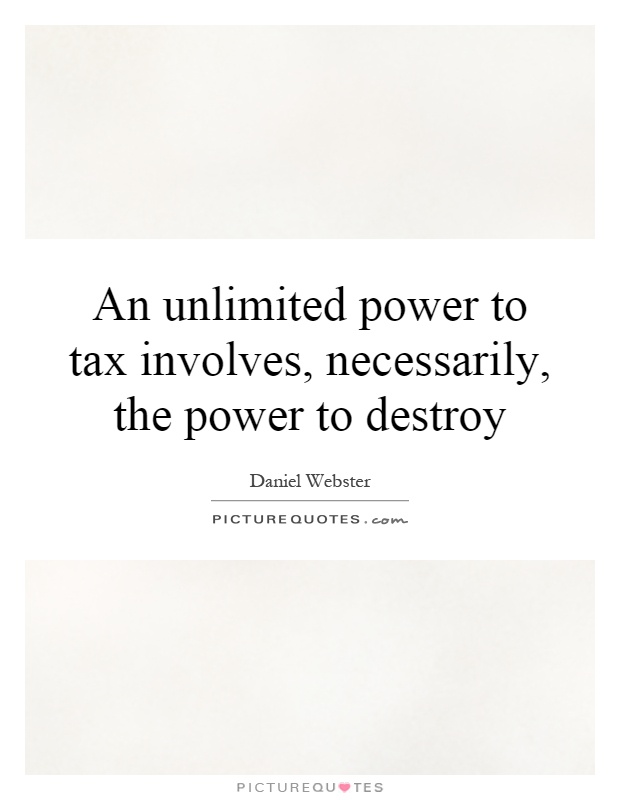
An unlimited power to tax involves, necessarily, the power to destroy
Daniel Webster, a prominent American statesman and orator, famously stated that "an unlimited power to tax involves, necessarily, the power to destroy." This statement reflects Webster's belief in the potential dangers of giving the government unchecked authority to levy taxes on its citizens. Throughout his career, Webster was a staunch advocate for limited government and individual liberties, and he often warned against the dangers of excessive taxation.Webster's statement highlights the inherent link between taxation and government power. Taxes are the primary source of revenue for the government, allowing it to fund essential services and programs. However, when the government has the authority to tax its citizens without any limits or constraints, it can potentially abuse this power and impose burdensome taxes that can harm the economy and infringe on individual freedoms.
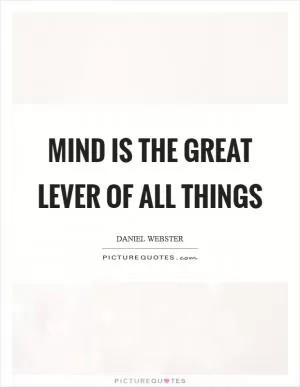

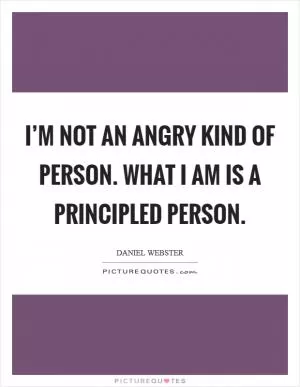
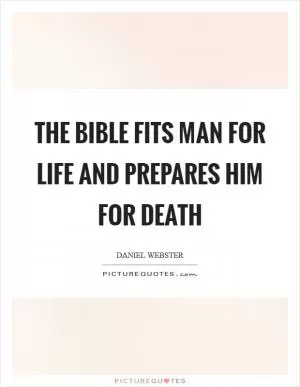
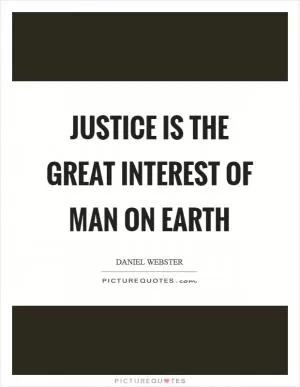



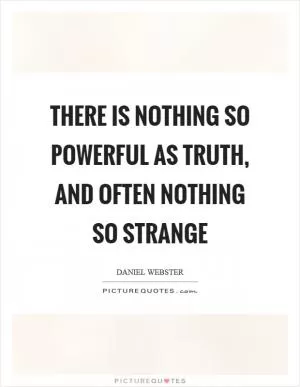
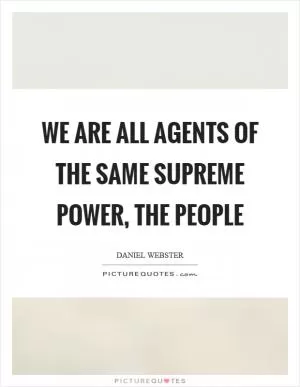


 Friendship Quotes
Friendship Quotes Love Quotes
Love Quotes Life Quotes
Life Quotes Funny Quotes
Funny Quotes Motivational Quotes
Motivational Quotes Inspirational Quotes
Inspirational Quotes